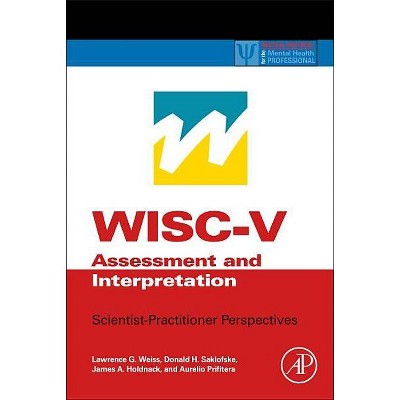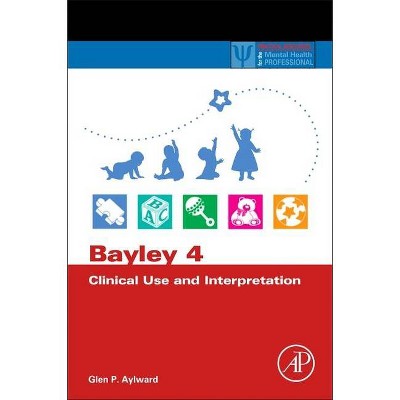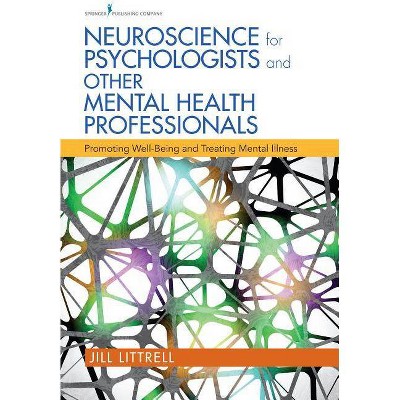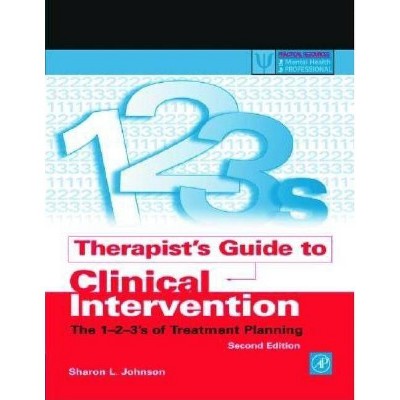Brain Literacy for Educators and Psychologists - (Practical Resources for the Mental Health Professional) by Virginia W Berninger & Todd L Richards
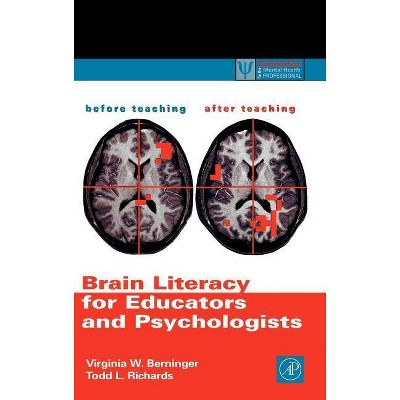
Similar Products
Products of same category from the store
AllProduct info
<p/><br></br><p><b> Book Synopsis </b></p></br></br>Although educators are expected to bring about functional changes in the brain--the organ of human learning--they are given no formal training in the structure, function or development of the brain in formal or atypically developing children as part of their education. This book is organized around three conceptual themes: First, the interplay between nature (genetics) and nurture (experience and environment) is emphasized. Second, the functional systems of the brain are explained in terms of how they lead to reading, writing and mathematics and the design of instruction. Thirdly, research is presented, not as a finished product, but as a step forward within the field of educational neuropsychology. The book differs from neuropsychology and neuroscience books in that it is aimed at practitioners, focuses on high incidence neuropsychological conditions seen in the classroom, and is the only book that integrates both brain research with the practice of effective literacy, and mathematics instruction of the general and special education school-aged populations.<p/><br></br><p><b> Review Quotes </b></p></br></br><br>The authors, respected researchers and educators in this field, have developed an excellent resource for psychologists, educators, and graduate students... <i>Brain Literacy for Educators and Psychologists</i> is an excellent book... The book's content and explicit and implicit messages need to be widely disseminated to 21st-century educators.<br>-CONTEMPORARY PSYCHOLOGY<br>
Price History
Price Archive shows prices from various stores, lets you see history and find the cheapest. There is no actual sale on the website. For all support, inquiry and suggestion messages communication@pricearchive.us
